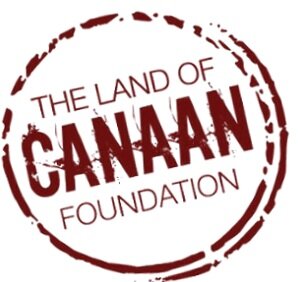
An Update On Farmers Benefiting From Landrace Seed Bank
Palestinian Farmer Zein Al Dien intercropping legumes
Grazing sheep speeds soil regeneration in Palestine
Field crops in Palestine (grains and legumes) produce less than 5% of the local need now, but Palestine used to be a bread basket for the world. Regenerative agriculture practices include intercropping cover crops among trees, perfect for planting native legumes in Palestinian olive and almond orchards.
Landrace seeds are ancient native seeds that are drought resistant, don't need fertilizer, and are resistant to pests and diseases. Their produce is nutrient dense and preferred by the knowledgeable consumer.
The PFTA provides landrace seeds to select leader farmers in January which is planting time. CORE runs the capacity building training and farm extension visits on regenerative agriculture. Together they are building the Organic Seed Production System, or Landrace Seed Bank.
What is a Landrace Seed Bank?
PFTA purchases native seeds from their organic farmers’ own production. They then redistribute the seeds to new farmers. They select new farmers based on their topography, type of soil, and major crop.
In 6 Phases of building a sustainable Organic Seed Production System, since 2018 they have:
benefited 398 farmers
distributed a total of 29,197 kg of landrace seeds
in a total of 79 villages
Farmer Haj Basheer of Sanour received 180 kg of organic seeds in 2019. He planted them in his land between his olive trees. He believes that inter-cropping plays a major role in the health of his soil by nitrogen fixation. The resulting soil fertility increases the productivity of all his crops. Part of his production will go to other farmers next planting season.
Farmer Elayn Abu Arrah of Aqaba received 150 kg of organic seeds in 2019. He planted them between his almond trees. He says planting legumes will reduce soil moisture loss in the summer by covering the soil. He will return part of his production for distribution to other farmers next season.




